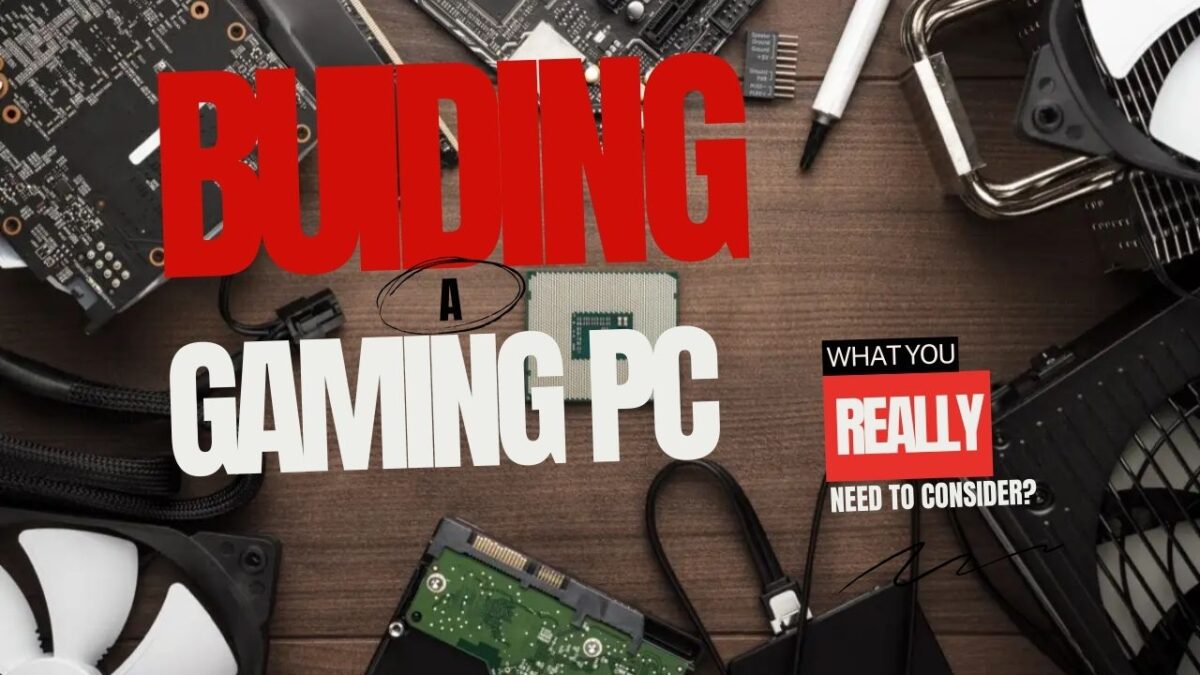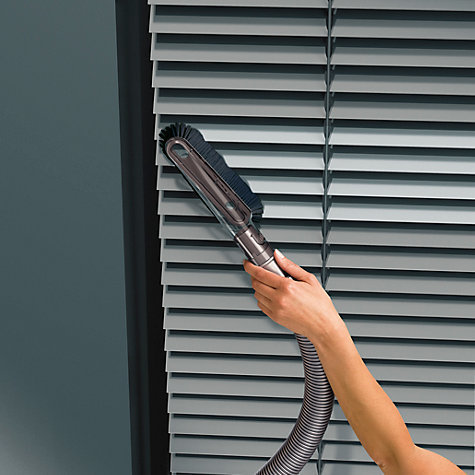Building a Gaming PC? Here’s What You Really Need

Gaming PCs provide unparalleled freedom and customization; unlike pre-built machines, crafting your own lets you tailor it specifically to your budget and performance requirements. However, this process may seem intimidating for novice builders, but don’t panic!
Here is your essential components list and some guidance in navigating this vast sea of PC parts!
Before You Start Plan Budget and Research
Building a computer can be cheap or extravagant. Making a realistic budget is vital. Allocating funds to each element and keeping in mind that prices are subject to change are essential.
Next, research the latest technology and trends in hardware as well as compatibility. A lot of YouTubers and websites for tech provide excellent breakdowns of components and construction guides. These resources allow you to build virtual designs and verify compatibility problems.
The Essential Internal Hardware To Install in Gaming PC
Let’s look at a PC’s essential components and the best components for building an affordable gaming PC.
Central Processing Unit (CPU)
The CPU is the central component of any computer. Its CPU is responsible for executing instructions and calculations for you. Popular gaming options include AMD Ryzen and Intel Core processors. When choosing the right one for your gaming requirements, take note of factors such as CPU count, clock speed, and threading, as increasing the number of threads typically means higher gaming performance for multithreaded games.
Graphics Processing Unit (GPU)
The GPU is the center of gaming rendering graphics. To warrant smooth gaming and an uninterrupted experience playing games with high-resolution and challenging graphics. Some of the most well-known options for GPU are Nvidia GeForce cards manufactured by Nvidia and AMD Radeon cards.
Random Access Memory (RAM)
RAM acts as your computer’s memory, which makes multitasking more efficient and speeds up game load times. 16GB is the current regular gaming RAM; however, some games may have up to 32 GB.
Storage Drives
These drives store the games, data, and files. Solid-state drives (SSDs) provide faster boot-up time and application loading speeds, while Hard Disk Drives (HDDs) provide ample storage capacity at lower prices. Consider using an SSD for primary OS storage for your often-played games and opting for a larger HDD for large-size storage.
Newbies frequently ask is 500GB SSD enough for gaming. Let’s dig into the deep analysis to find the answer to this question.
An SSD with 500GB storage may suffice for gaming needs, depending on your specific circumstances.
Game Library Size
Today’s modern games can reach sizes that surpass 100GB each, so having 500GB may suffice if you only play select titles; otherwise, you might need to uninstall and reinstall games more regularly to free up space in your library.
Type of Games
Specific genres, such as MMOs and open-world games, typically feature larger file sizes; if this is what you primarily play, 500GB could become quickly inadequate.
However, to answer your question, is 500GB SSD enough for gaming? 500 GB of storage could be perfectly enough for limited game libraries that focus primarily on smaller titles.
Potentially Sufficient
500 GB may be enough for large libraries featuring many popular titles that quickly run out of storage space with this size SSD drive. However, with an assortment of game sizes and the ability to manage storage by uninstalling and reinstalling as necessary, there may be better sizes than this size SSD drive.
Motherboard
The motherboard acts as the primary nerve center of your entire system, connecting everything from CPU socket types, compatible chipsets, memory speeds, expansion options, and additional features such as memory support. If you are buying one for yourself, it must be compatible with the features you want regarding connectivity to hardware and expansion options.
Power Supply Unit (PSU)
Your PSU provides power to the entire device, and any intentional scrimping may result in irreparable damage. Select a reliable brand that has sufficient capacities for watts for your hardware and, for more benefit, internet-based PSU calculators.
CPU Coolers
Computers produce temperatures during operation. They should have a cooling system to disperse this heat and prevent excessive heat. Most CPUs in the mainstream market come with essential coolers; however, for high-performance designs, investing in an aftermarket cooler is worthwhile to get the best outcome.
Final Thoughts
Building a gaming PC can be rewarding with proper planning, research, and understanding of essential components. The CPU and GPU are central components, while RAM and storage options are crucial for gaming setup. The motherboard, PSU, and CPU cooler are essential for stability. Attention to detail and compatibility are critical for a successful build. Building a gaming PC offers freedom and customization, ensuring an immersive gaming experience.











